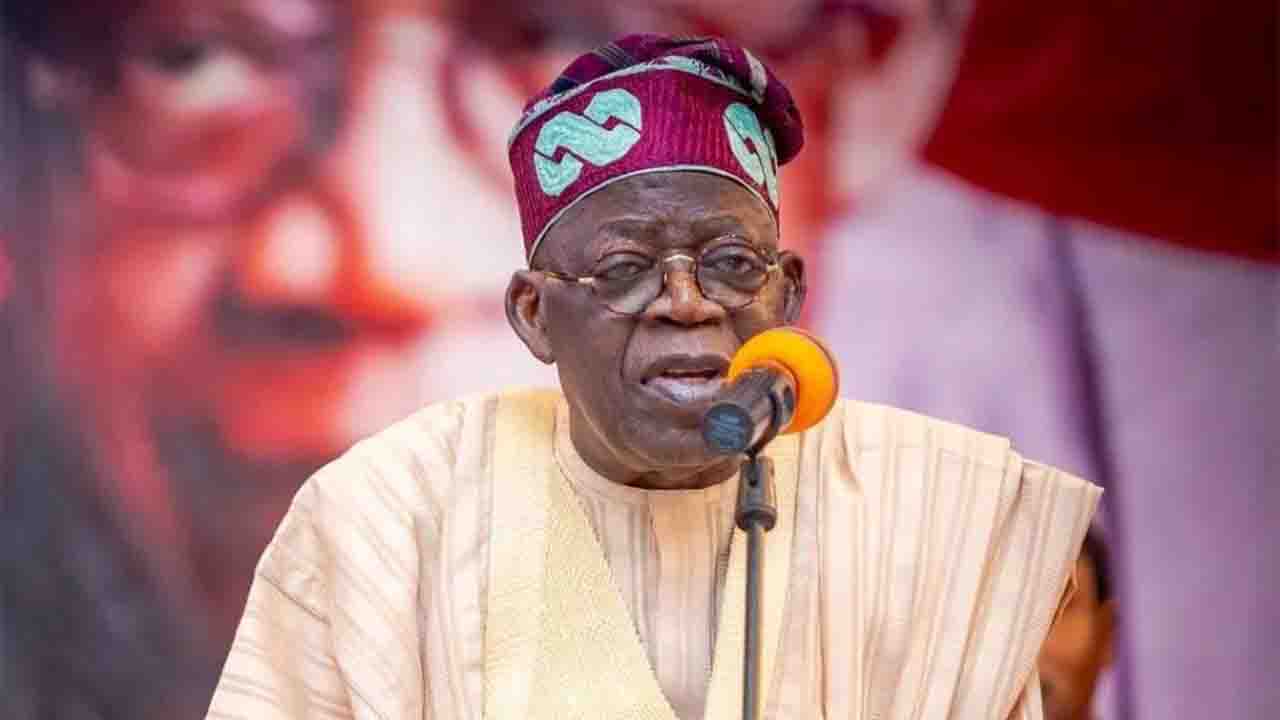Africa ( Commonwealth Union ) _ The Nigeria Labour Congress (NLC), the country’s main labor union, has announced its intention to initiate a strike from Wednesday onwards in protest against the recent hike in fuel prices. This development poses a significant challenge for President Bola Ahmed Tinubu, who recently abolished fuel subsidies. The NLC’s President, Joe Ajaero, declared during an emergency meeting that the strike and nationwide protests would commence due to the Nigerian National Petroleum Corporation’s refusal to negotiate and revert the announced price regime in the oil sector. Ajaero emphasized the need for a properly constituted government and empowered individuals to engage in meaningful negotiations. The decision to end fuel subsidies by President Tinubu has resulted in higher fuel costs, causing difficulties for Nigerians already grappling with inflation rates exceeding 20 percent.
Nigeria, Africa’s largest economy, possesses abundant oil resources but has limited refining capacity. For years, the country has exchanged crude oil for gasoline, which it subsidizes for the domestic market, leading to significant revenue losses, foreign exchange burdens, and mounting debt. Previous administrations failed to dismantle this popular but financially burdensome system, with last year’s expenditure on debt servicing surpassing 96 percent of revenue. Upon assuming office, President Tinubu fulfilled his campaign promise by eliminating fuel subsidies. The price of petrol at government-run filling stations tripled to approximately 540 nairas ($1.20) on Wednesday, effectively ending subsidized fuel for Nigerians. Despite the political sensitivity, analysts believe that Tinubu’s decision aligns with economic logic and was an opportune moment for implementation. The president now has a four-year term to introduce reforms that can mitigate the impact of the subsidy removal.
The subsidy scheme suffered from various issues, including opportunities for embezzlement, as individuals falsified documents to receive subsidies for products they never imported. Some individuals purchased cheap fuel in Nigeria and sold it at higher prices in neighboring countries. These factors contributed to high daily consumption rates in Nigeria. Initially, there was confusion surrounding the implementation date of the new measure, causing panic among the public. However, in the long run, the removal of fuel subsidies is expected to save billions of dollars, encourage investment, and alleviate pressure on the foreign exchange market. The World Bank estimates that over 80 million Nigerians live below the poverty line, and the country spends more on fuel subsidies than on crucial sectors such as health and education. The World Bank and the International Monetary Fund have recommended ending the subsidies to promote development.
While there may be a temporary inflationary impact, economists argue that it is essential to consider the broader perspective. Immediate gains are a primary concern for many, but the subsidies have provided little assistance to the country’s poorest citizens. The World Bank also reports that only three percent of the subsidized petrol is purchased by Nigeria’s impoverished population. The scheme primarily benefits wealthier Nigerians who own vehicles and can afford to use petrol on a daily basis. In the past, attempts to eliminate subsidies have been met with public anger, often mobilized by labor unions. In 2012, protests against fuel costs resulted in clashes between demonstrators and the military. The Nigeria Labour Congress, an umbrella group for trade unions, has rejected the recent announcement and demanded its withdrawal. If the Nigerian National Petroleum Corporation Limited does not reverse its decision to increase petrol prices by June 7, the NLC has threatened to withdraw services and initiate nationwide protests until their demands are met.
















